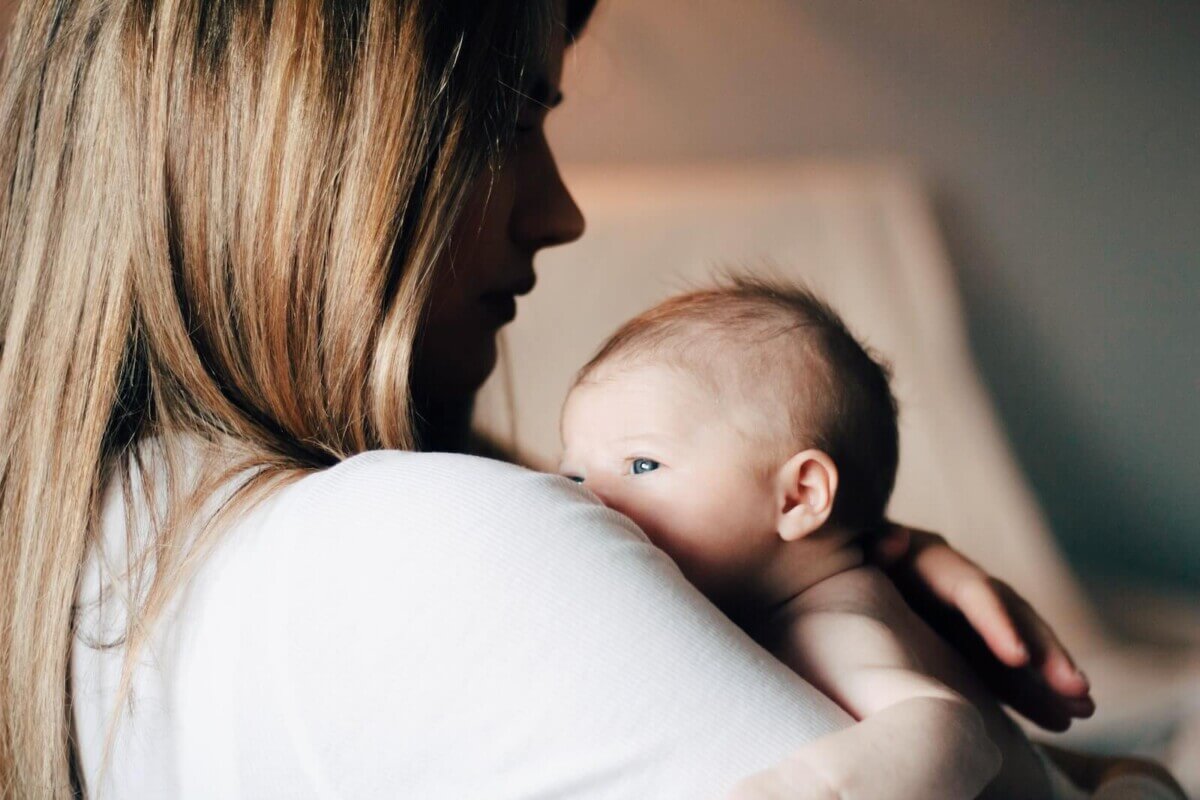
(Photo by Hollie Santos on Unsplash)
LOS ANGELES — A child's gut microbiome can be impacted negatively if their mother dealt with hardships during their own childhood or pregnancy. This pioneering study led by University of California-Los Angeles psychologists is the first to demonstrate the cross-generational effects of adversity on the human gut microbiome.
The human gut microbiome plays a crucial role in brain and immune system function. UCLA researchers believe that alterations to this community of microorganisms are potentially one-way hardships might influence children’s socioemotional development.
The study expands on earlier research that highlighted the impact of prenatal stress on maternal vaginal and gut microbiomes in rodents. Babies inherit their initial gut microbes from their mothers during birth, thus a mother's microbiome serves as the foundation for her offspring’s.
To understand the long-term impact of prenatal stress, researchers examined 450 mother-child pairs in Singapore, focusing on children who were two years-old. Mothers were asked about the maltreatment they experienced as children and screened for anxiety during pregnancy. The children's primary caregivers were interviewed about any stressful events and general health conditions that the children faced in their early years.

The findings showed that children of mothers who experienced heightened anxiety during pregnancy had an unexpected “evenness” in their gut microbiomes. Generally, the microbial populations in the gut vary, with some being more predominant than others. However, in this study, the microbial populations were more uniform.
Children who faced stress after birth, though, displayed a decrease in microbial genetic diversity, suggesting a closer relation between the microbes in their gut.
“There are lot of questions around whether more diversity or evenness is better or worse when the gut microbiome is developing during childhood, so we don’t know if more is better at 2 years old,” says Francesca Querdasi, a UCLA doctoral student and the study’s lead author, in a university release.
Some behavioral and mental health issues were associated with a surplus of certain microbial species. While these were not the same species linked to adversity in this study, past research has shown some associations.
A growing field known as nutritional psychiatry is probing the potential mental health impacts of dietary changes, especially as scientists delve deeper into the brain-gut microbiome relationship.
“The microbiome gets a lot of attention and is very exciting, but it really is just one piece of the large and complicated puzzle of human health,” says Bridget Callaghan, a UCLA assistant professor of psychology and the study’s senior author. “Our study is part of a growing body of research showing the effects of early exposure and transgenerational experience on the microbiome. When we understand how experiences of hardship can influence the gut microbiome, we can then try to manipulate diet, supplements and lifestyle to make positive impacts on an individual’s gut microbiome and broader developmental trajectory.”
The study is published in the journal Proceedings of the National Academy of Sciences.










